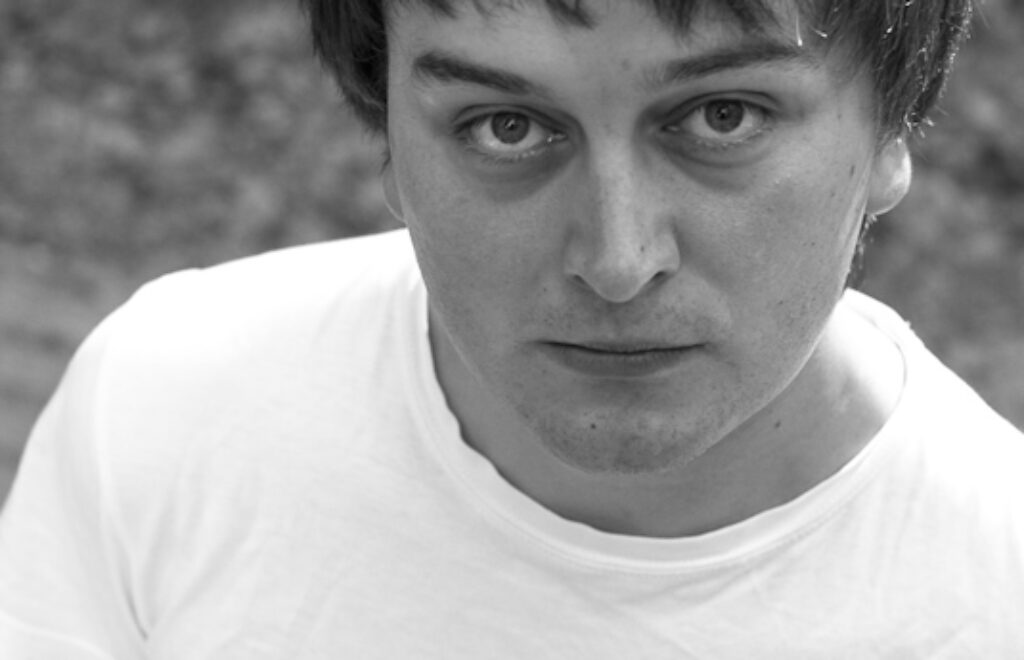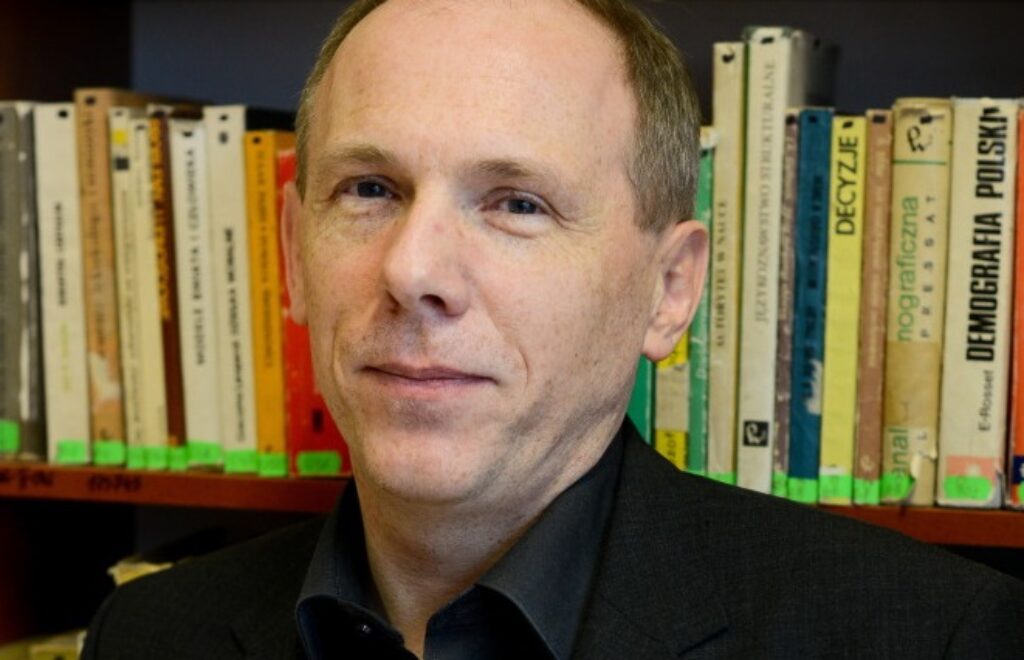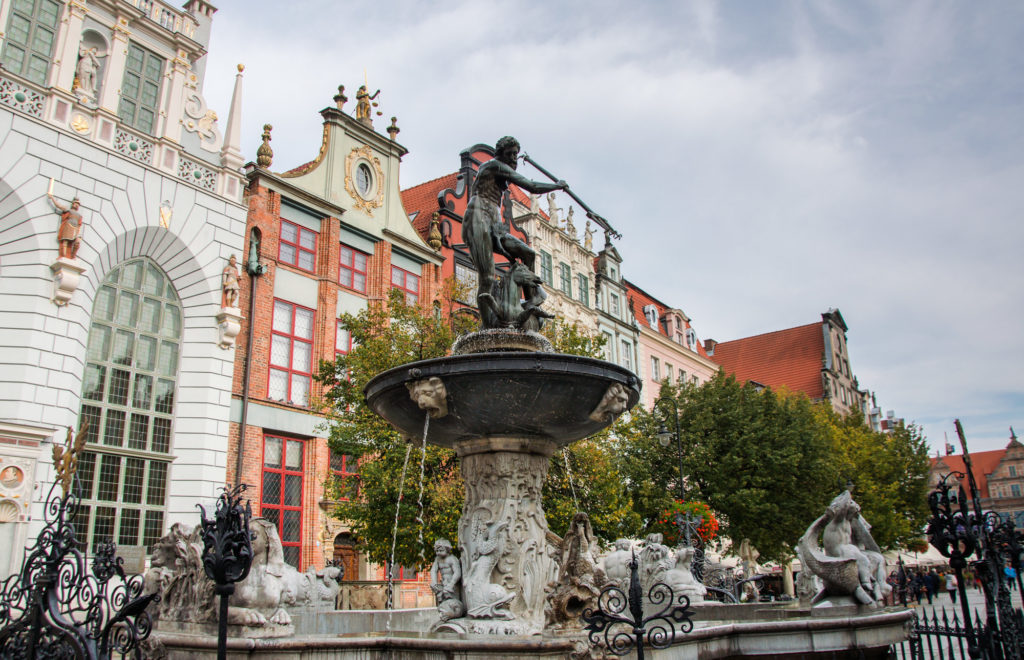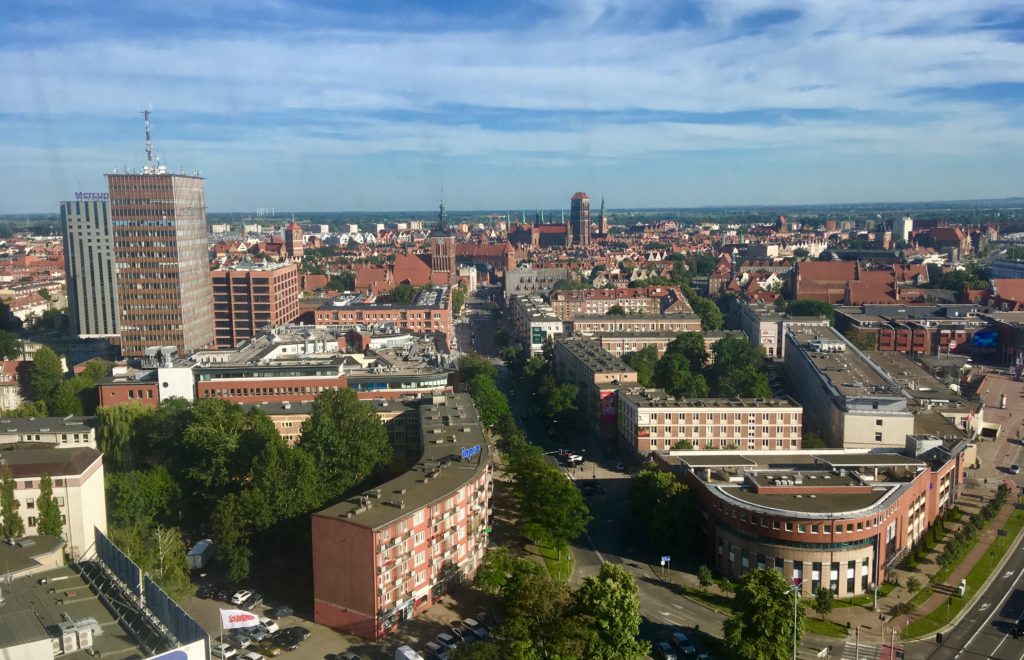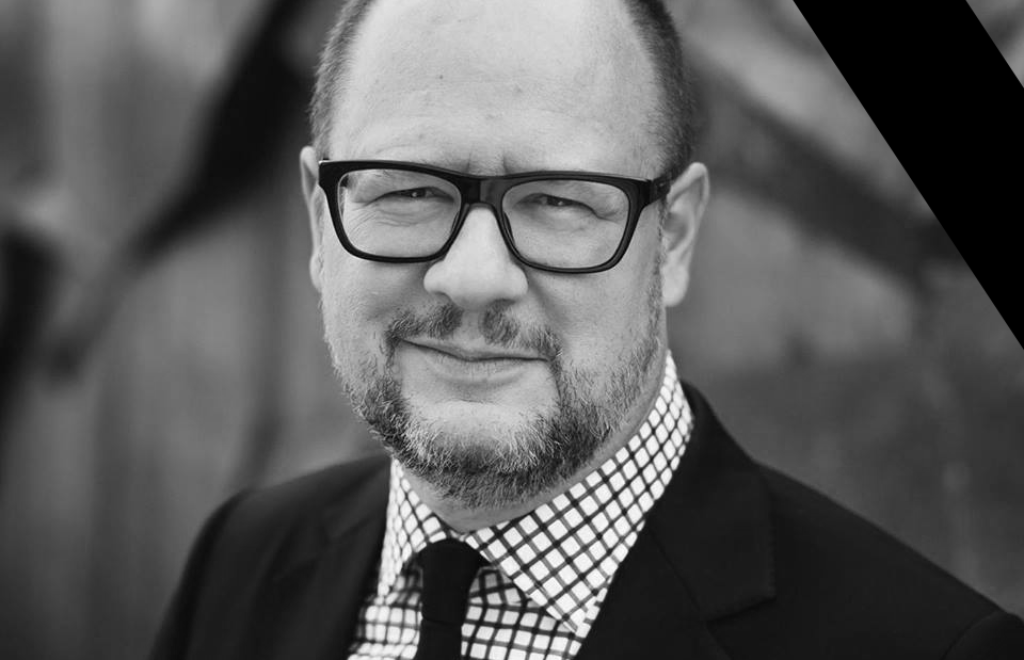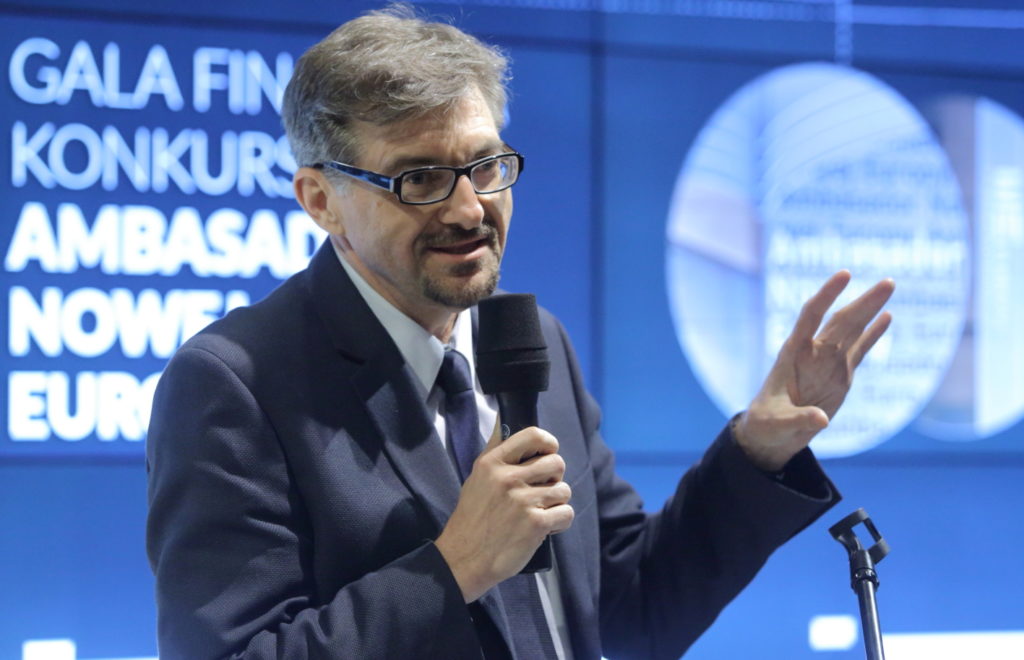Modern Europe – forged in the Gdańsk Shipyard
The historic Gdańsk Shipyard is one of the most important memory sites in Europe today. It is a complex that includes Solidarity Square, alongside the Monument of the Fallen Shipyard Workers of 1970, the historic Gate Number 2, the former BHP Hall (a place where in 1980 the famous August Accords between the communist authorities and the democratic opposition were negotiated) and the European Solidarity Centre (ECS). Upon the ECS’s initiative the shipyard was placed on the European Heritage Label list.
September 29, 2022 - Basil Kerski



